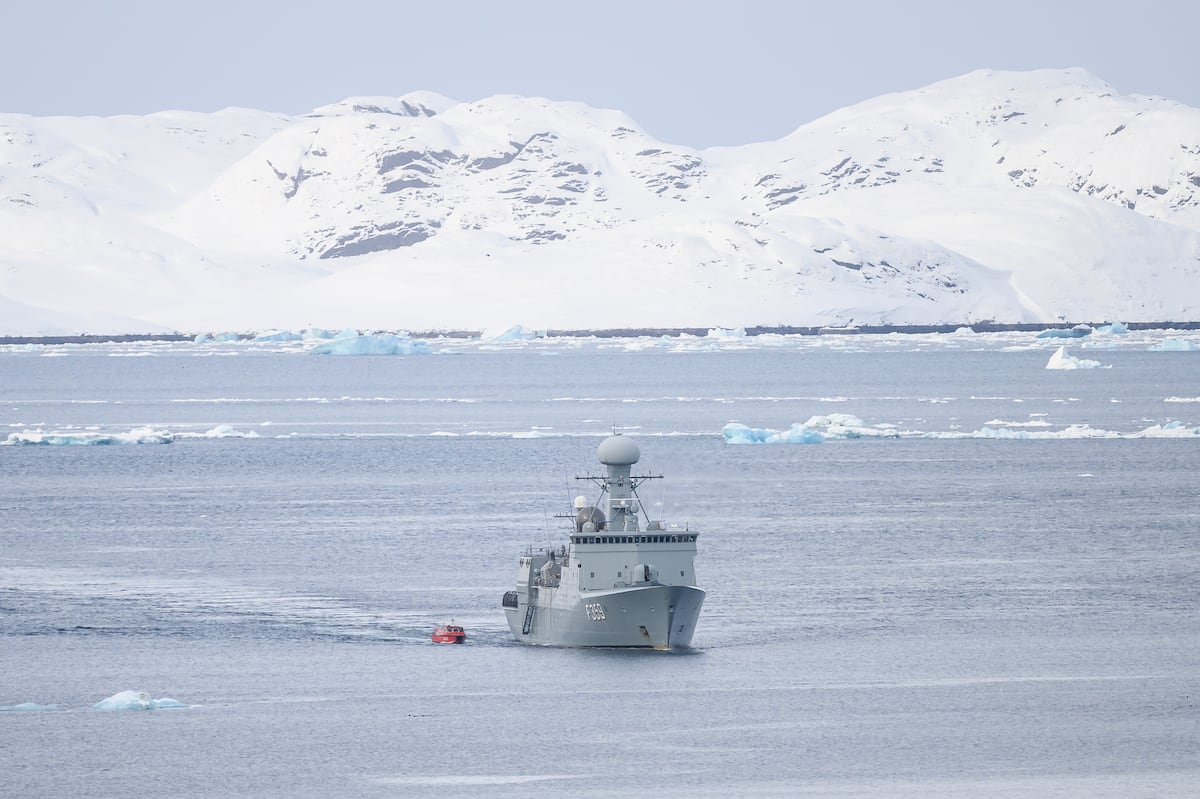Key Takeaways
- The Pentagon is shifting responsibility for Greenland to U.S. Northern Command to enhance U.S. security in the Arctic.
- This adjustment is part of a broader review of the Unified Command Plan, which outlines U.S. military roles worldwide.
- Concerns remain about alienating European allies and the implications of U.S. intentions toward Greenland amid political rhetoric.
Military Command Restructuring
The Pentagon is reorganizing its military combatant command, transferring the oversight of Greenland from U.S. European Command to U.S. Northern Command. This change aims to bolster the defense of the U.S. homeland and reinforce relationships with Arctic allies. The Pentagon’s chief spokesperson stated that this adjustment would enhance the Joint Force’s capabilities in the western hemisphere and is driven by a wider reassessment of its Unified Command Plan.
Traditionally seen as an outpost, aligning Greenland with Northern Command emphasizes its strategic significance in U.S. security in the Arctic. This viewpoint was echoed by Iris Ferguson, a former Pentagon official, who added, however, that there are risks of alienating European allies, particularly Denmark.
European officials had been preparing for this announcement, with reports indicating that a shift was imminent. Their primary concern was how the change would be communicated rather than the shift itself, given Greenland’s proximity to the U.S. In the past, President Trump has expressed his desire for the U.S. to control Greenland, a sentiment he reiterated in a March speech: “One way or the other, we’re going to get it.” Despite this, the Pentagon did not express any immediate plans for annexation in its statement, which may have alleviated some European apprehensions.
However, tensions remain, notably from comments made by Defense Secretary Pete Hegseth, who, when questioned, did not dismiss the idea of potential military action regarding Greenland. Hegseth implied that it is prudent for the Pentagon to have contingencies for all scenarios. Democrats on the House committee were critical of his remarks, with ranking member Rep. Adam Smith commenting that the American public did not elect Trump to initiate an invasion of Greenland.
The context surrounding this transition highlights the strategic importance the U.S. places on Arctic geopolitics, especially as its relationship with Denmark and other European partners comes into focus. This realignment not only indicates a shift in military planning but also raises questions about how U.S. actions might be perceived by its allies in the region.
As the situation unfolds, stakeholders will be watching closely, particularly how this adjustment influences U.S. security policy and international relations with Arctic nations, ensuring that the balance of defense strategies is maintained without undermining longstanding alliances.
The content above is a summary. For more details, see the source article.















